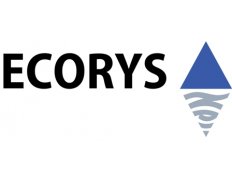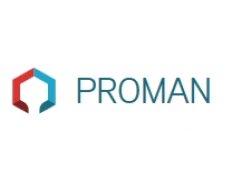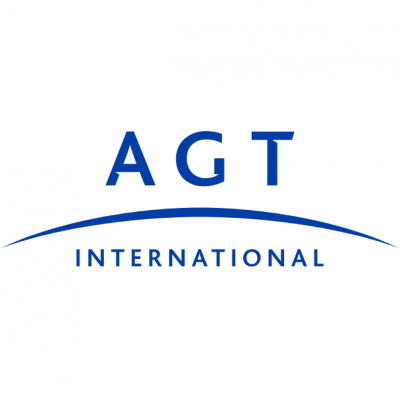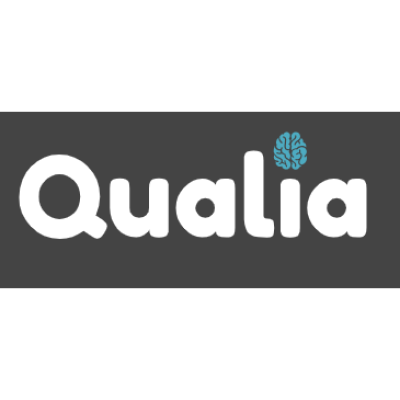
NGO based in Larissa, Greece is looking for partners to work on CERV-2024-CITIZENS-REM-EUINTEGRATION
Details
Description
QUALIA is an NGO based in Larissa, Greece. Its team of historians, anthropologists, sociologists and designers has extensive experience in conducting projects related to oral history; community engagement; safeguarding of memory & politics of memory; digitalisation of testimonies & archival material; historical and anthropological documentary. The team can also design large scale events and support the organisation of scientific conferences and symposiums.
European integration and its defining achievements
TOPIC ID: CERV-2024-CITIZENS-REM-EUINTEGRATION
Objective:
4. CERV-2024-CITIZENS-REM-EUINTEGRATION - European integration and its defining achievements
European integration has substantially transformed the life of Europeans. While it has provided new opportunities for cross border travel, study and work, it has also affected the identities of people who more and more feel European as part of their identity. European integration has progressively advanced and protected the rights of people in all EU countries, rights that are often taken for granted now. However, apart from being an institutional process, European integration has been built and advanced by different people and movements at different moments. From the Ventotene manifesto to the Congress of Europe, the foundation for European integration has a long history.
The projects under this priority should explore and promote to all generations the defining moments and reference points of European integration, its history, and how these changes have in practice affected the daily lives of Europeans. Projects can focus on specific rights granted in the European Union such as freedom of movement, on specific achievements such as a common currency, or on defining moments such as accession of countries. Testimonies of witnesses could be a particular valuable resource for making the experience tangible and provide an intergenerational perspective.
For further information about the call and its conditions, please see the Call document.
Reminder:Each project application must address only one of the call topics representing a specific call priority.
1. Eligible countries:
The eligible countries are described in the Call document in the part "6. Eligibility - Eligible participants (eligible countries)"
2. Eligibility and admissibility conditions:
The eligibility and admissibility conditions are described in the Call document in the parts "5. Admissibility and documents" and "6. Eligibility".
3. Proposal page limits and layout:
As described in the Call document, in the part "5. Admissibility and documents": "Proposals are limited to maximum 70 pages. Evaluators will not consider any additional pages."
For further information on limitations, please consult the standard proposal template Application Form (Part B).
4. Evaluation The evaluation and award procedure, the award criteria, the scoring, the thresholds and the evaluation process are described in the Call document in the parts "8. Evaluation and award procedure" and "9. Award criteria"
5. Indicative timetable for evaluation and grant agreement:
The indicative timetable for evaluation is are discribed in the Call document in the part "4. Timetable and deadlines". Publication of the call: 05/02/2024 Call opening: 05/03/2024 Deadline for submitting applications: 06/06/2024 17:00 (Brussels time) Evaluation period:June-October 2024 Information to applicants: December 2024 Signature of grant agreement: December 2024 - March 2025
6. Proposal templates, guidance and model grant agreements (MGA):
Standard proposal template (This is an example. The form to use is available in the Funding: Submission Service by clicking on Start Submission) Lump sum calculator (The form to use is available in the Funding: Submission Service by clicking on Start Submission. The European Remembrance call is a lump sum call. The lump sums are based on participation, number of countries and type of events [i.e. in-situ or online]. The use of the lump sum calculator is mandatory to calculate the budget. The total of the budget calculated with the lump sum calculator must correspond with the total of the budget in the part A of the proposal.) Call document CERV 2023-2024 Work Programme Mono/Multi-beneficiary Model Grant Agreement (Lump Sum Grants) DECISION authorising the use of lump sums for actions under the Citizens, Equality, Rights and Values Programme (2021-2027)
Please, visit the following page to get more information regarding this call: https://www.developmentaid.org/grants/view/1246487/european-integration-and-its-defining-achievements?useNavigation=true


